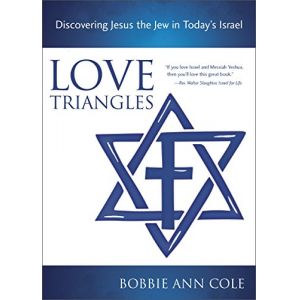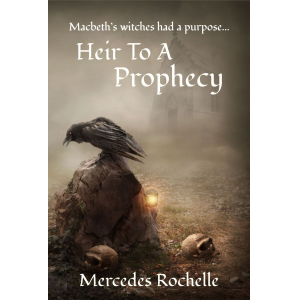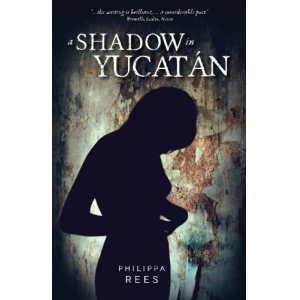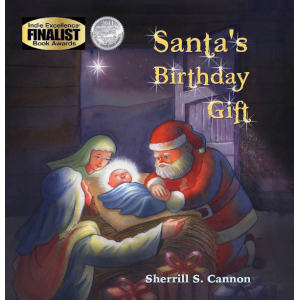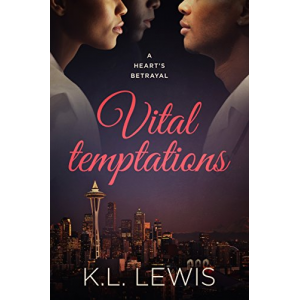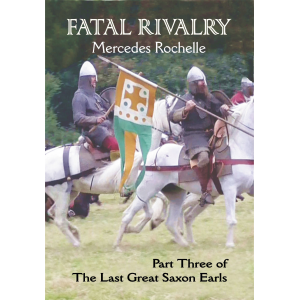- Author
- Book
- Story behind the book
- Media Links
- Reviews
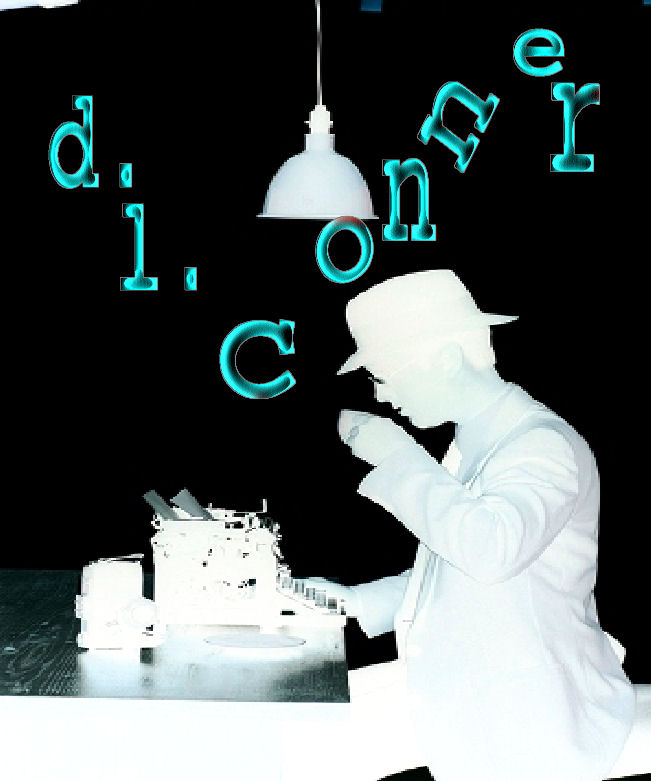
D.L. Conner
About
A Florida native, I was drafted into service as an Army Engineer during the Viet Nam war, where I saw things I may never fully express. I returned to the US and completed Bachelor's and Master's degrees at the University of Florida in Communications and Journalism. A brief stint as an investigative journalist convinced me it was not my calling, and I went on to work writing and editing in advertising, becoming an ad account executive in New York, Chicago and Florida. I have retired to a barrier island in Florida where I have finally had the chance to write the tales I have always wanted to.
I am intrigued by the places in human experience where life's extremes and the perception of the supernatural overlap. Jim Nix has been my first, best companion in exploring this liminal experience, but I hope to have the opportunity to continue these voyages beyond imagination. With the support of my brothers and my two lovely married daughters, I finally find myself daring to tackle these frontiers.
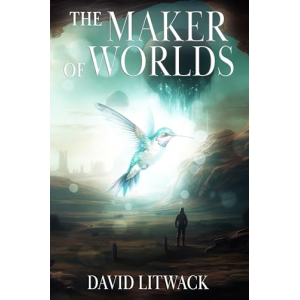
The Maker of Worlds
Description
<p style="padding:0px;margin:0px 0px 14px;color:rgb(15,17,17);font-family:'Amazon Ember', Arial, sans-serif;font-size:14px;"><span class="a-text-bold a-text-italic" style="font-weight:700;font-style:italic;">If you had the chance to remake the world, what kind of world would you choose?</span></p><p style="padding:0px;margin:-4px 0px 14px;color:rgb(15,17,17);font-family:'Amazon Ember', Arial, sans-serif;font-size:14px;"><span>When tragedy strikes Lucas Mack's young life, he desperately yearns to escape its sorrow, and takes an improbable leap through the mythical maelstrom. Rather than splashing down on the far side like his neighbors, he's transported to a magical realm where he has the power to redefine not only who he is, but the world in which he resides.</span></p><p style="padding:0px;margin:-4px 0px 14px;color:rgb(15,17,17);font-family:'Amazon Ember', Arial, sans-serif;font-size:14px;"><span>As he stumbles about trying to find his way, he meets Mia, an equally troubled fellow pilgrim. With the help of a mystical guide and an aging wizard, they navigate the enchanted land while learning to control their newfound powers. Yet this realm is more complex than they expected, with seasoned sorcerers who've been corrupted by the sinister side of magic.</span></p><p style="padding:0px;margin:-4px 0px 14px;color:rgb(15,17,17);font-family:'Amazon Ember', Arial, sans-serif;font-size:14px;"><span>Limited by natural law and seduced by magic's power, they are tested as never before. Will the gift of magic bring renewed hope or drive them to the edge of the void?</span></p>
Story Behind The Book
Writers are readers. As for me, I have always loved to read. Edgar Allan Poe was an early influence, especially “The Murders in the Rue Morgue.” Famous for touching off the entire genre of detective mysteries, what really influenced me was the aura of Gothic horror in the primitive Paris setting and its gruesome imagery that pulls the reader into the story rather than repelling. When Poe presents a horrific tableau, it’s like the proverbial train wreck that you know you shouldn’t look at but are unable to turn away. In terms of writing and style, great American authors have always intrigued me, especially those who manage to tell a story with depth, precision and realism. I think here of my two favorite Hemingway novels, To Have and Have Not and The Old Man and the Sea, books that evoke particular time and place that to a Florida native are powerfully believable. In the same way, Harper Lee’s To Kill a Mockingbird tells an important story in a setting that is very real to me, having once lived not far from there. I have always been interested in history, and found Gibbon’s The History of the Decline and Fall of the Roman Empire an amazing read. I knew I could only manage to bring one book with me when I shipped out to Vietnam, so I made it a big one. The choice was serendipitous; its realistic description of a civilization eating itself from the inside while being threatened outside ironically repeated for me because I was witnessing elements of the same tale all around me. After my time in Southeast Asia, even with Gibbon to keep me company, I’d had enough realism for a while. Then came science fiction. Clarke’s 2001: A Space Odyssey, like most great sci-fi novels, takes the reader into a fantastic world to explore the most human issues. Space Odyssey holds a special place for me because of Clarke’s relentless prescience, foreseeing the real implications of questions we are dealing with today or have had to between then and now. For me, Ray Bradbury is the same, my favorite being Something Wicked This Way Comes. It was my stepping stone back to my early fascination with horror, and also the first time I really noticed the tendency of writers to juxtapose the fantastic and gruesome against innocuous settings. And like science fiction, he uses the horror/fantasy genre to take a closer look at humanity. The master of these things is Stephen King. To me, his best is still Salem’s Lot. In this novel too, aspects of the human experience are exposed and interrogated when the supernatural and the mundane collide. Joseph Heller’s Catch-22 is a tour de force of colliding narratives that so brilliantly captures the hypocrisy of war and the military; it enabled me to resume my interest in history, which I did, first with Shelby Foote’s Civil War novel Shiloh and eventually Michael Herr’s Dispatches, a book that eerily captures the insanity and terror that was Vietnam during the U.S. involvement there. If you put all of these powerful concepts and styles in a blender and add a few random ingredients, you might just get an idea of the writer inside me that got his first real walk in the sun with Night in a Bad Place.
